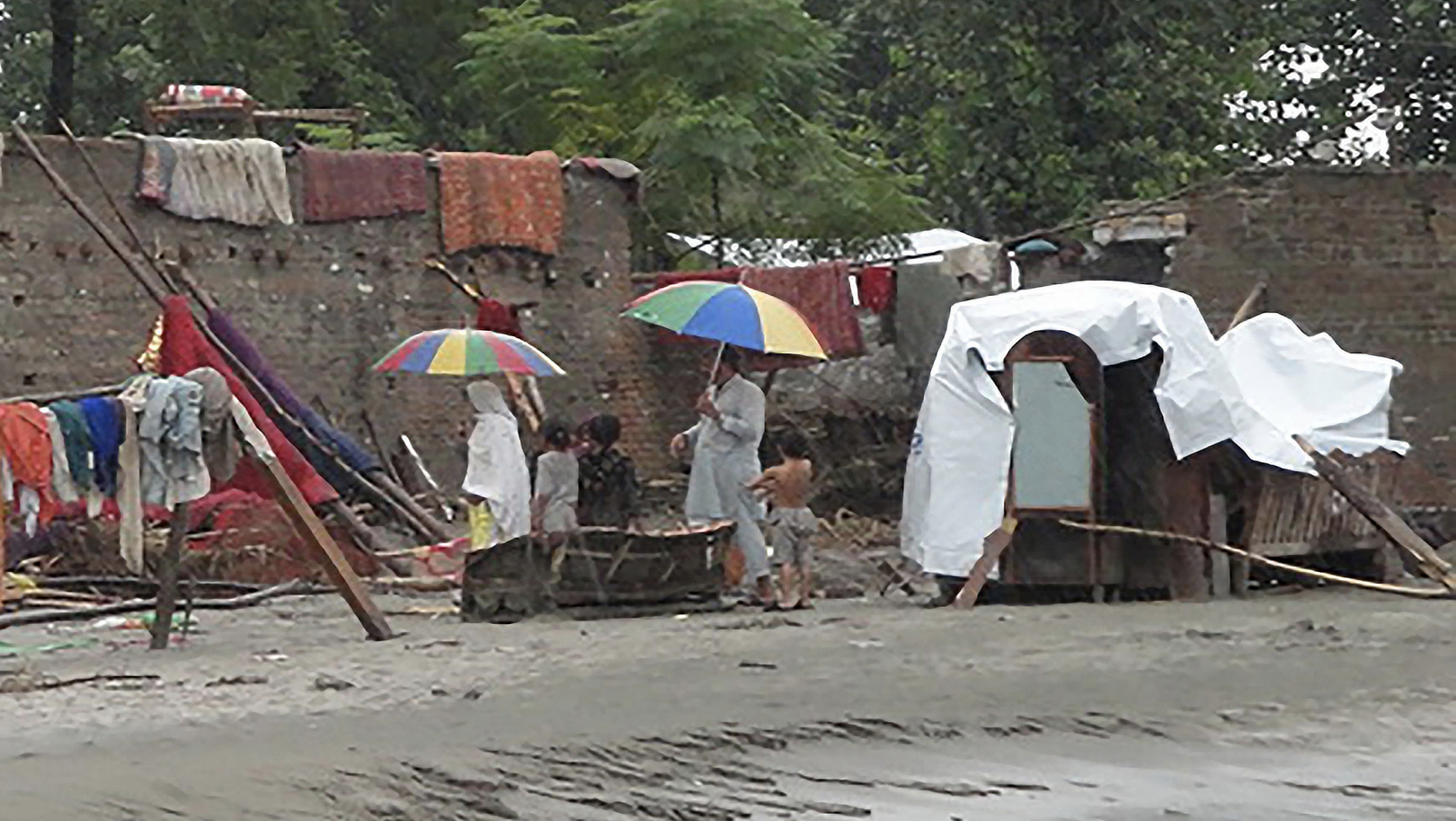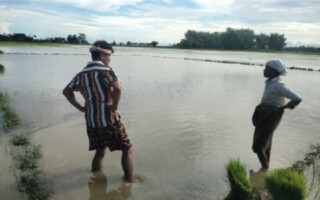
In 2016, the Population Council began to develop evidence on how to strengthen the resilience of vulnerable populations to adapt to environmental risks and the effects of extreme climate change. In 2018, the Population Council expanded this work with the launch of the Population, Environmental Risks, and the Climate Crisis (PERCC) Initiative—which deepens the Council’s mission with a new institutional commitment to improving understanding of the intersection of population and climate sciences.
Following the PERCC agenda, the Council in Pakistan initiated a number of studies on climate change vulnerability, resilience, and adaptation. In the recent past we worked around different thematic areas including demographic modeling for human and environmental research, estimating urbanization using census and geospatial data, contribution of major drivers of urbanization in Pakistan, and gendered impact of climate change among vulnerable communities. The publications produced in the recent past include:
- Impacts of Climate Change in Vulnerable Communities in Sindh, Pakistan: Voices from the Community
- A policy brief on Climate Change and Vulnerability: Enhancing the Adaptive Capacity of the Population of Pakistan
- A monograph on Climate, Population, and Vulnerability in Pakistan: Exploring Evidence of Linkages of Adaptation
- Climate Change, Resilience, and Population Dynamics in Pakistan: A Case Study of the 2010 Floods in Mianwali District




